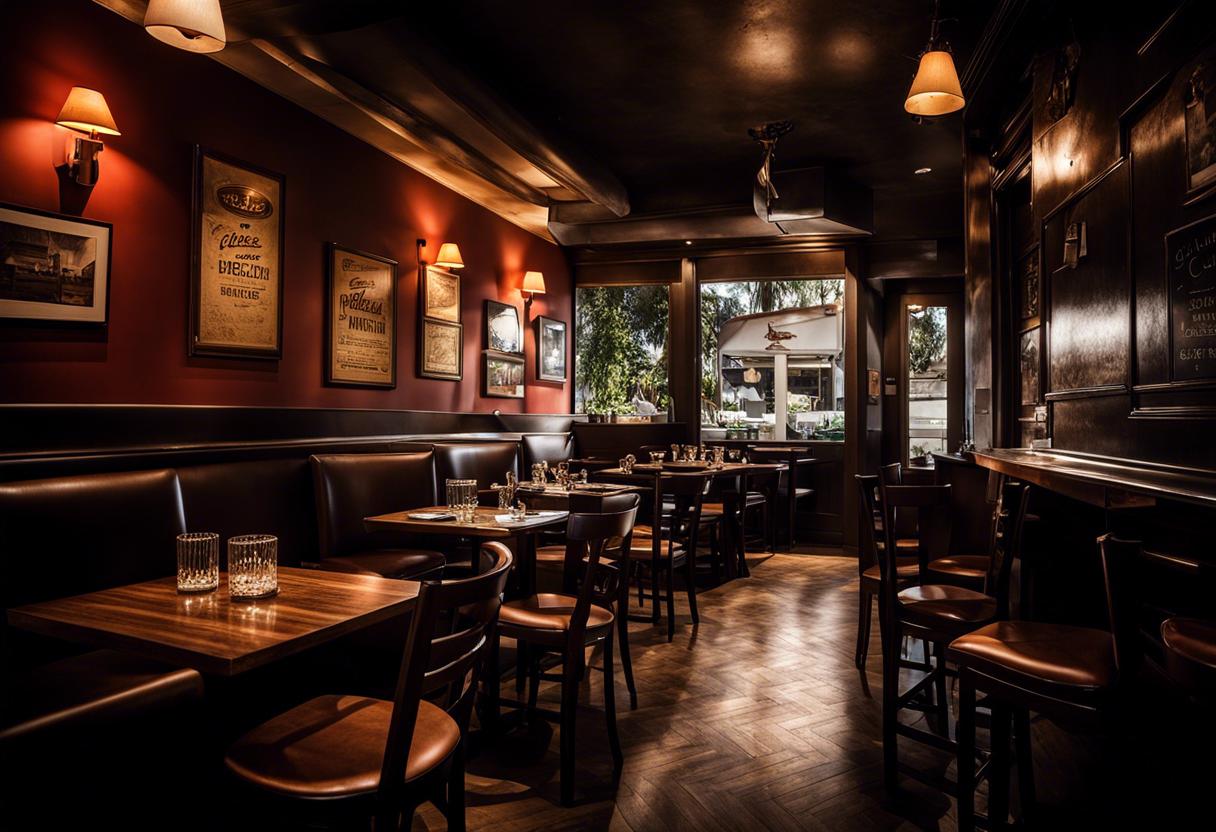According to a forthcoming report commissioned by the Restaurants Association of Ireland, the financial toll taken on the government when an Irish restaurant shuts down can reach up to €1.36 million, concurrently resulting in the elimination of 22 jobs on average. The report suggests that every day, about two food-related businesses, including restaurants, close their doors, leading to around 70 closures throughout February. The cumulative loss in various taxes and the increased necessity for social protection expenditures, the association postulates, outweighs the costs that reducing the VAT for hospitality services to 9 per cent would entail – a key proposal for preserving employment in the sector.
In The Economic Impact of Restaurant Closures, the RAI indicated an overwhelming 80 per cent growth in the sector from the first quarter of 2012 through last year. However, Adrian Cummins, the association’s CEO disputes particular statistics concerning recent expansion introduced by union representatives. He points out additional factors such as the number of hotels that became unavailable for public use in recent years.
Cummins dismisses the notion that the economy remains unaffected when a restaurant or café shuts down and a similar establishment takes its place, maintaining the same number of jobs. While this may hold true in central parts of Dublin, he argues, in many rural parts of the country, the local population often struggle to find alternative employment when a local restaurant closes down.
Cummins affirms, undisputedly, that the sector has weathered substantial cost hikes recently, with escalations in food, energy, and wage outlays at a time when many are grappling with the ever-increasing cost of living. Legislative modifications such as a higher minimum wage, additional holiday benefits, along with others like automatic pension enrollment, have started to take effect and further increases are expected in the near future.
A government-backed review of the regulations calculated that by 2026, restaurants and similar businesses would face a collective cost surge of 19 per cent.
Mr Cummins expressed that the statistics imply that the government needs to intercede to prevent more business failures. Contrarily, Owen Reidy, the General Secretary of the Irish Trade Union Congress, voiced last week his support for assistance to individual struggling enterprises. However, he expressed firm objection against reinstating the 9 per cent VAT rate, considering it a universal procedure that would also advantage highly lucrative companies, including multinational chains.
Replicating in response, Mr Cummins stated that despite his support for targeted actions, RAI’s cost analysis in the sector demonstrates that out of an average €100,000 hike in costs this year for a business generating a turnover of €1 million, VAT constitutes €37,000 and wage inflation accounts for €38,000 while PRSI merely accounts for €5,000.
He stated, “In the broad scheme of things, I believe that our government is excessively extolling the rewards of a PRSI decrease for our sector. They need to realise that addressing the VAT issue is the sole game-changer for our future survival.”

